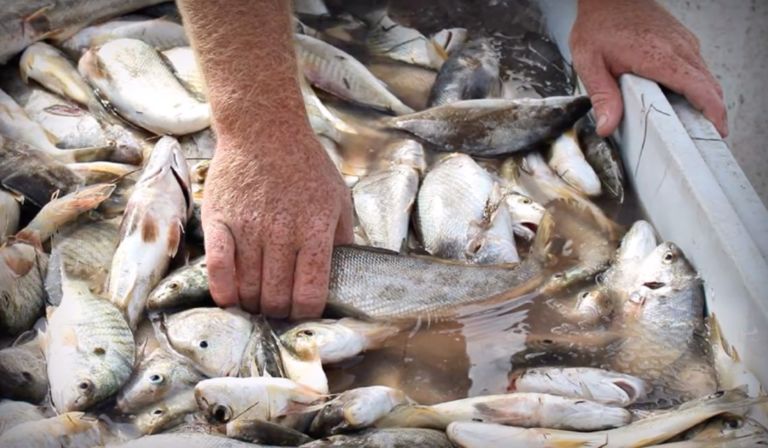• North Carolina currently is experiencing a tragedy of the commons with respect to its offshore fish stocks.
• Declining fish stocks are affecting N.C. fishermen and fishing communities. Several stocks are either highly limited or prohibited to fishermen.
• Fisheries management has traditionally followed a command-and-control model, with managers applying controls over inputs and outputs.
• Unfortunately, these controls have incentivized winning the “race to fish” and outmaneuvering the planners, so fisheries have continued to decline. The U.S. government has been spending $70 million a year to bail out failing federally managed fisheries under traditional management systems.
• Catch shares are a transformative approach to fisheries management. Injecting property rights into the fisheries via catch shares produces a sea change in incentives. It eliminates race to fish, encourages a more discriminating harvest, and reduces bycatch, and in so doing also allows for longer fishing seasons, reduces investment in fishing vessels, and allows fishers discretion to harvest in safe weather conditions, when market prices are higher, or when there is a need to generate income.
• The federal National Oceanic and Atmospheric Administration (NOAA) actively encourages Regional Fishery Management Councils to consider and adopt well-designed catch share programs. NOAA pledges to offer technical and administrative support for councils and stakeholders in considering, designing and possibly implementing and monitoring catch share programs.
• Not all fisheries are appropriate for catch shares. Successful programs are carefully designed around local stakeholders’ concerns and are scientifically based with reliable, real-time catch data and proper monitoring and enforcement.
• Research finds strong links between catch shares and improved economic and biological performance of fisheries and that switching fisheries to catch share systems not only slows their decline but possibly stops (or even reverses) it.
by Jon Sanders
Director of the Center for Food, Power, and Life, Research Editor, John Locke Foundation


